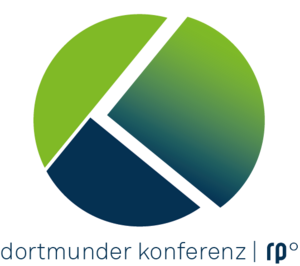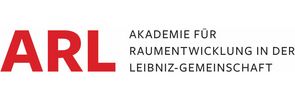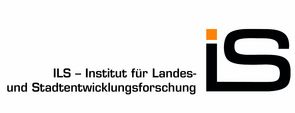"If possible, please turn around!" Research and Planning for the Sustainability Turn


"If possible, please turn around!" Research and Planning for the Sustainability Turn
The Dortmund Conference on Spatial and Planning Research is jointly organized by the School of Spatial Planning at TU Dortmund University, the Academy for Territorial Development in the Leibniz Association (ARL) and the Research Institute for Regional and Urban Development (ILS), Dortmund.
Spatial planning and development, despite guiding principles to the contrary, contribute locally and globally to social processes that exceed the planet's carrying capacity and distribute burdens and opportunities unequally. "If possible, please turn around!" therefore is not the suggestion of your navigation system after a missed turn, but the request to consistently question this direction as well as to point out possibilities that necessarily go beyond marginal directional corrections. The Dortmund Conference on Spatial and Planning Research 2022 would like to contribute to the Sustainability Turn and invites you to present your contribution to this process.
DOKORP 2022 includes eight tracks. You can submit a presentation or propose your own session by July 15, 2021. You can also initiate a spatial and planning science roundtable. DOKORP 2022 is also open for other topics of spatial and planning research. Please note the limit of 3.500 characters including spaces.
Prof. Dr. Maja Göpel (Political economist and transformation researcher, Scientific Director of The New Institute, member of the Club of Rome and the World Future Council)
Prof. Dr.-Ing. Christian Holz-Rau (since 1998 Professor of Transportation and Transportation Planning at the Department of Planning at the Technical University of Dortmund)
Call for Papers PDF Conference Tracks PDF
Track 1: Neighbourhood development
Track 3: Spatial development and monitoring
Track 4: International and European perspectives of spatial planning
Track 6: Mobility and transport
Track 7: Green and blue infrastructures
Track 8: Climate change and public health

